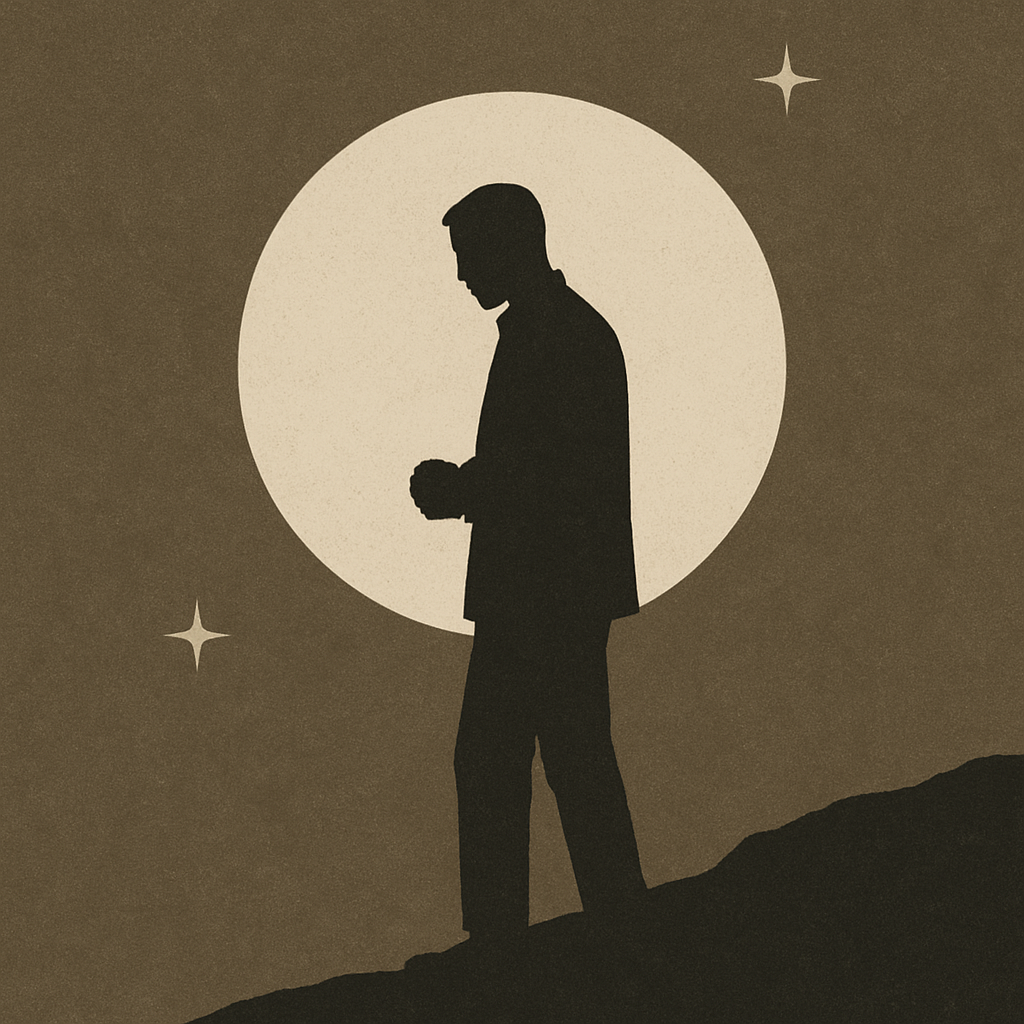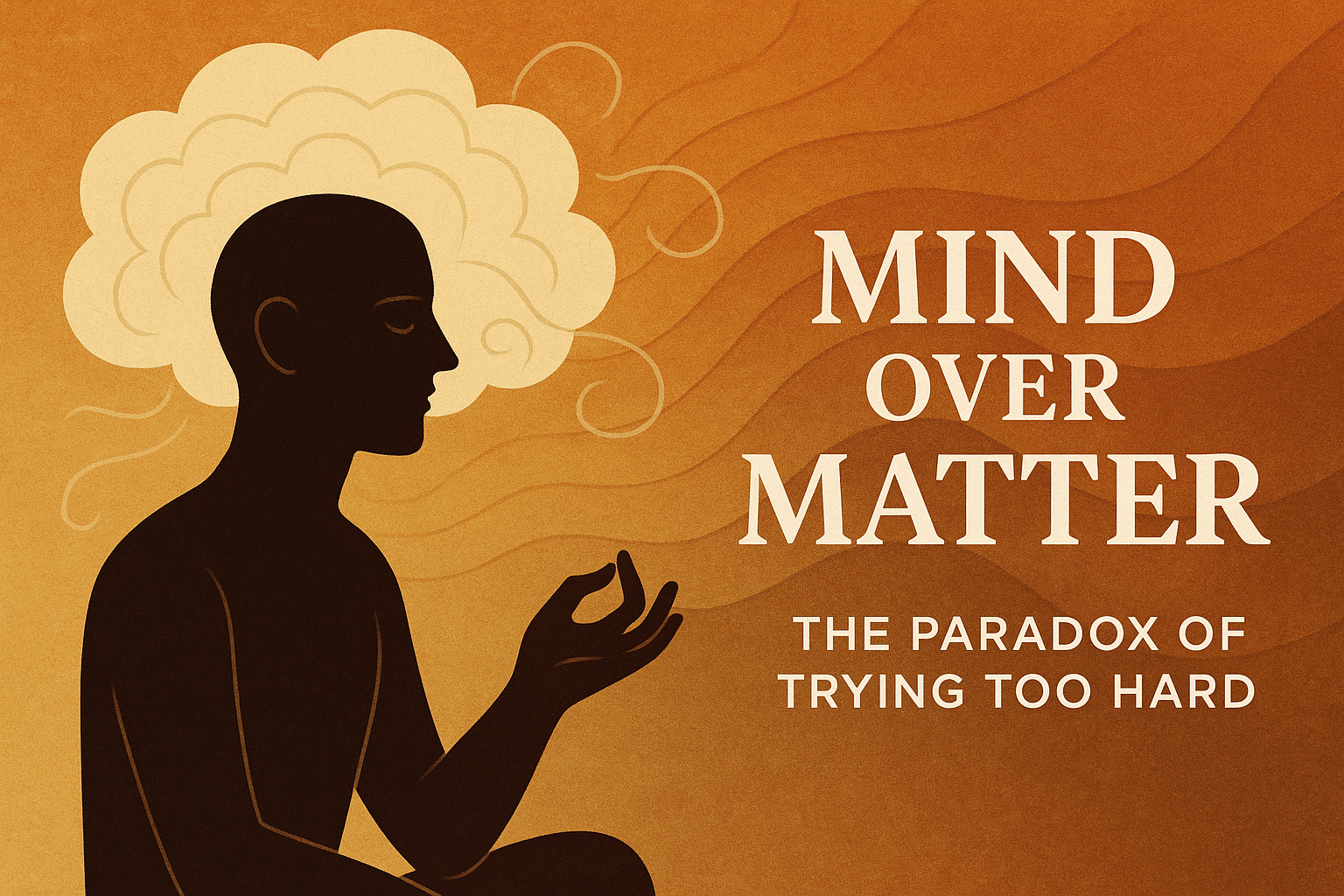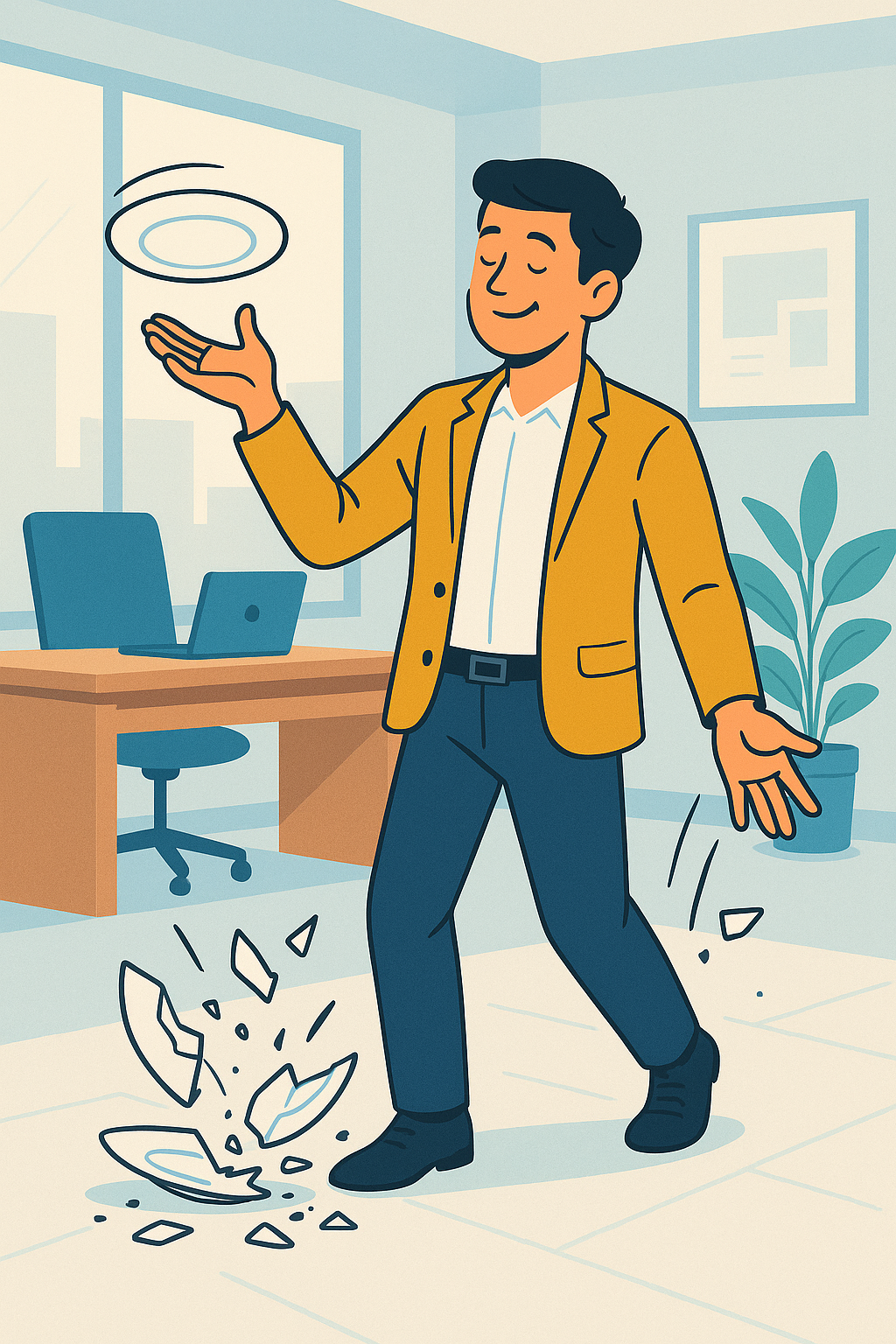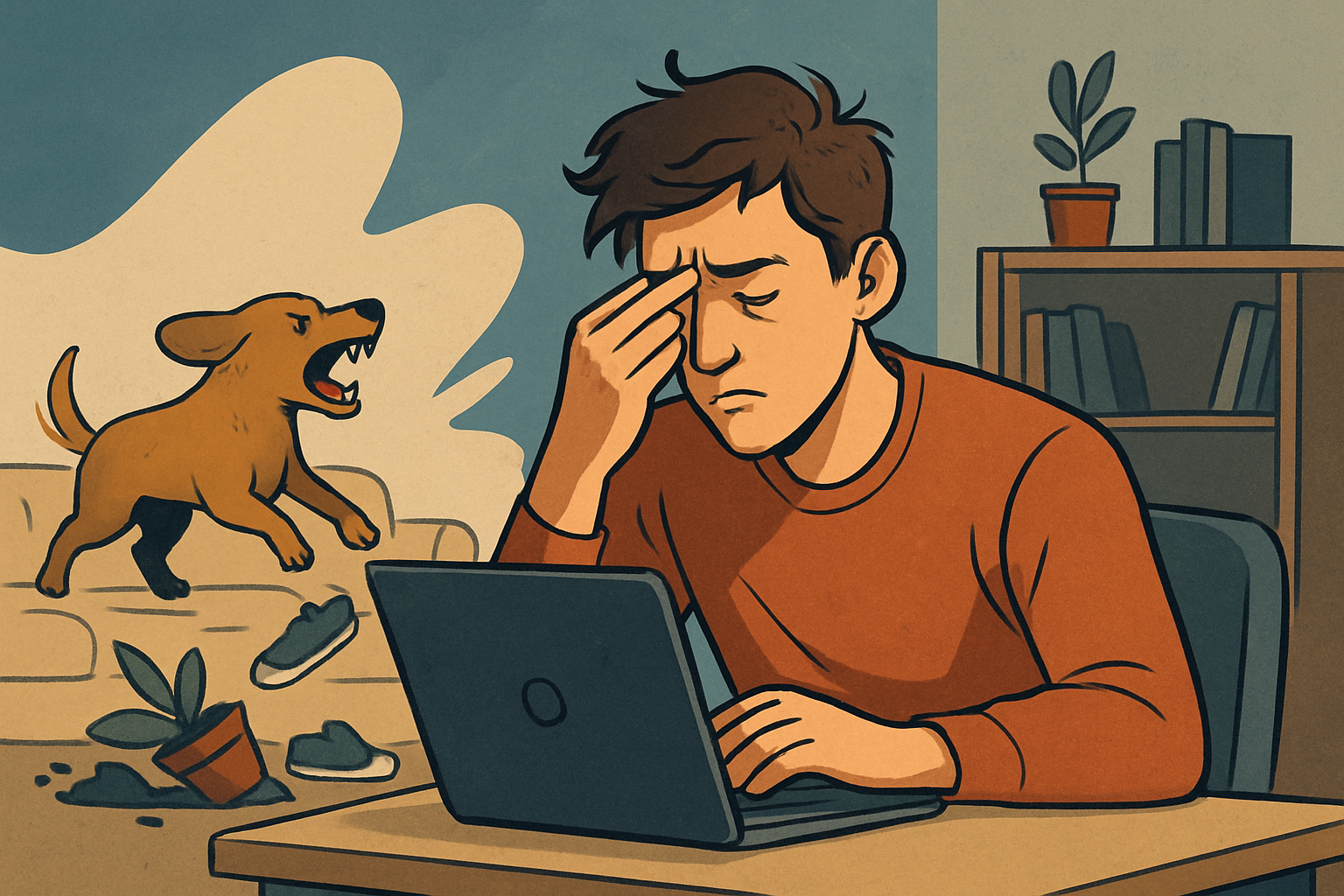The Courage to Say “I Was Wrong”
A Doorway to Growth and Connection
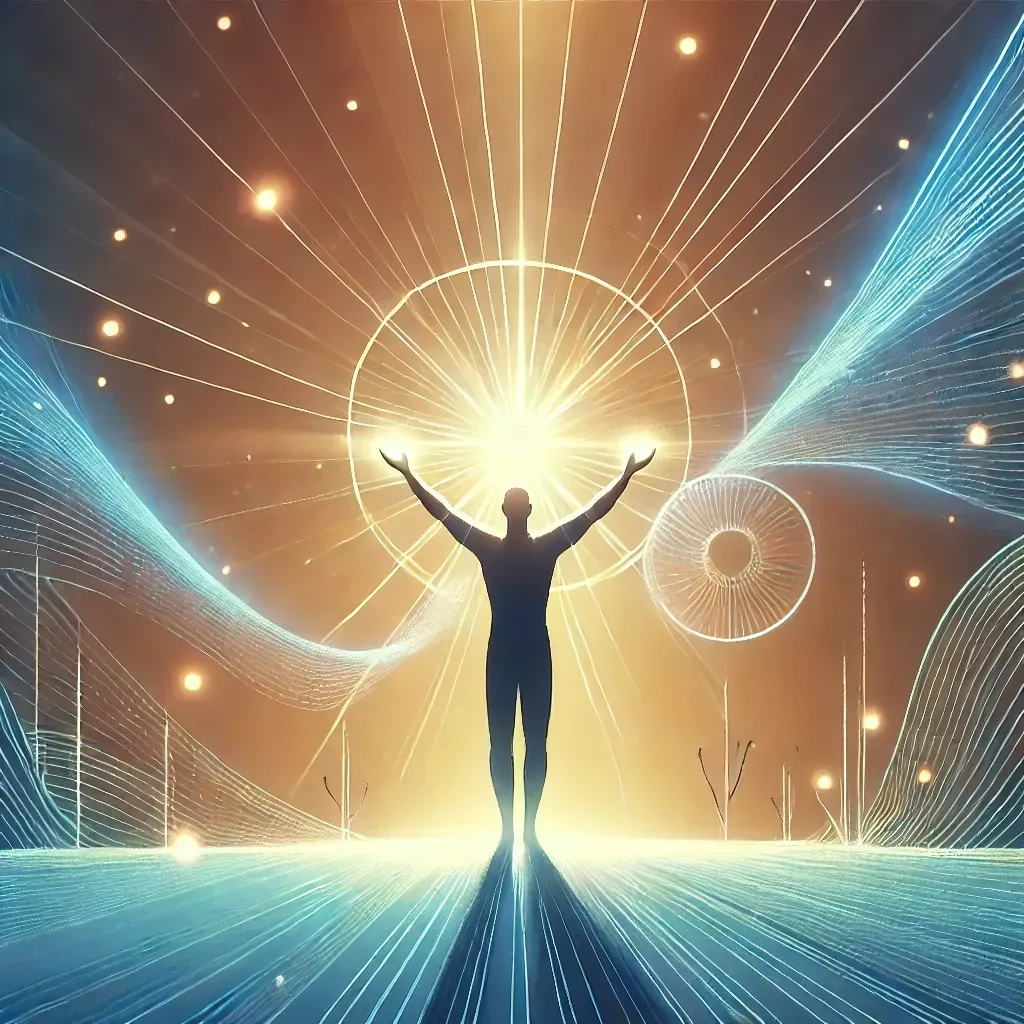
We all make mistakes. It’s part of being human. Yet, there’s something about uttering the words “I was wrong” that feels profoundly challenging. Maybe it’s the vulnerability they demand or the way they confront our pride. But what if these words aren’t about defeat? What if they’re a powerful step toward growth, healing, and creating deeper, more authentic connections?
Here’s why having the courage to admit you were wrong is one of the most transformative things you can do.
1. Saying “I Was Wrong” Is Liberating
- Carrying the burden of being “right” can weigh you down. It keeps you stuck in defensiveness, fear, and a constant need to justify your actions. When you admit you were wrong, you let go of that weight.
- Those three words—simple yet profound—free you from the mental and emotional energy it takes to maintain a false position. They offer a chance to reset, repair, and move forward.
Key idea: Admitting fault isn’t a loss—it’s a release. It frees you to focus on what truly matters.
2. It Opens the Door to Growth
- Every mistake you make has the potential to teach you something, but the lesson only begins when you acknowledge the mistake. Saying “I was wrong” is the moment you stop running from growth and start embracing it.
- Growth requires humility. It’s not about being perfect but about recognizing your imperfections and learning from them.
Key idea: Growth begins where denial ends. Admitting you were wrong is the first step toward self-improvement.
3. It Strengthens Relationships
- Relationships thrive on trust and authenticity. When you admit you were wrong, you show others that you value the relationship more than your pride.
- These moments of humility create a foundation of respect and openness, allowing relationships to deepen and flourish. Saying “I was wrong” can repair rifts, heal wounds, and build bridges.
Key idea: Admitting fault isn’t about tearing yourself down—it’s about building relationships up.
4. It Shows True Strength
- Many people equate admitting fault with weakness, but the opposite is true. It takes courage to face your mistakes and take responsibility for them. It takes strength to choose honesty over ego.
- When you say “I was wrong,” you demonstrate emotional intelligence, self-awareness, and confidence in your ability to learn and grow.
Key idea: Real strength lies in vulnerability. Owning your mistakes shows courage, not weakness.
5. It Inspires Others
- When you have the courage to say “I was wrong,” you set an example for those around you. Your honesty shows others that it’s okay to make mistakes and take accountability.
- This ripple effect can create a culture of openness and authenticity, whether in your relationships, workplace, or community.
Key idea: Your willingness to own your mistakes can inspire others to do the same, creating a cycle of trust and growth.
6. It Builds Self-Respect
- Admitting you were wrong isn’t just about others—it’s also about your relationship with yourself. When you take responsibility for your actions, you align with your values and integrity.
- This alignment strengthens your sense of self-respect. Instead of hiding behind defensiveness, you stand tall in your honesty and authenticity.
Key idea: Self-respect grows when you act in alignment with your values, even when it’s uncomfortable.
7. It Creates Room for Solutions
- Clinging to being “right” keeps you stuck in the problem. When you admit you were wrong, you shift your focus from defending the past to creating a better future.
- This mindset shift allows you to explore solutions with clarity and purpose, free from the baggage of blame or denial.
Key idea: Solutions start when defensiveness ends. Admitting fault clears the way for progress.
8. The World Needs More “I Was Wrong” Moments
- Imagine a world where more people had the courage to admit when they were wrong. Arguments would become opportunities for understanding. Mistakes would lead to innovation. Relationships would grow stronger instead of fracturing under the weight of pride.
- You can be part of creating that world. Each time you say “I was wrong,” you contribute to a culture of honesty, empathy, and growth.
Key idea: Admitting fault is more than a personal act—it’s a step toward a better world.
Unlocking the Door
Saying “I was wrong” isn’t easy. It asks you to set aside your ego, confront your fears, and embrace vulnerability. But in those three words lies a profound power—the power to grow, to heal, and to connect.
When you admit you were wrong, you’re not just fixing a mistake. You’re opening the door to a better version of yourself, stronger relationships, and a more authentic life. So, the next time you’re faced with the choice, remember: courage is the key. All it takes is the courage to say, “I was wrong.” And when you do, you’ll find that what lies on the other side is worth it.
Share
